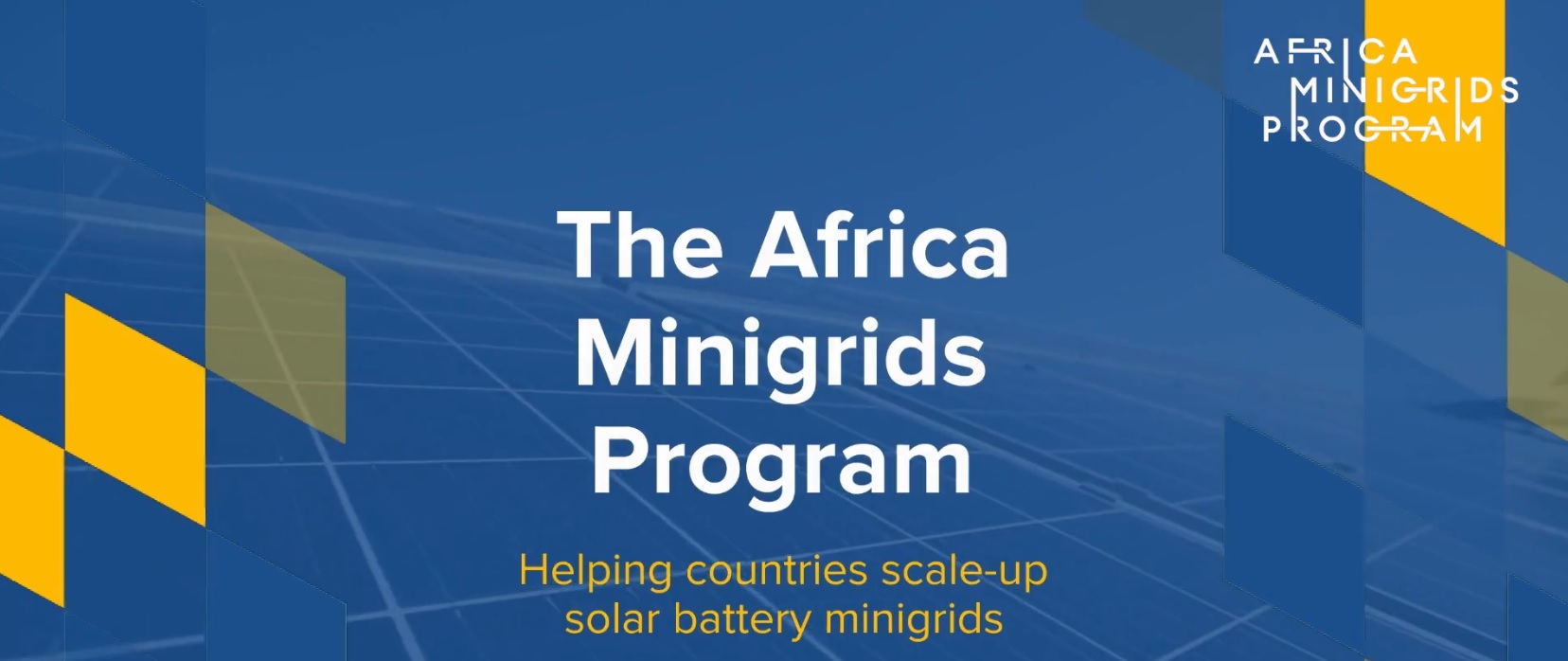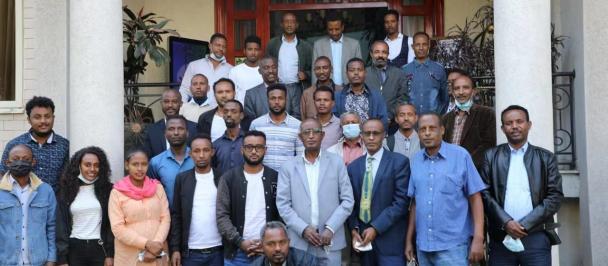Mini-grid solutions to enhancing Ethiopia’s energy system
November 14, 2023

About 624 kilometers of mini-grid power will be generated, providing over 31,000 Ethiopians with access to electricity for lighting and cooking through the new Africa Mini-grid Programme (AMP), which is set to be implemented in Ethiopia.
The AMP aims to significantly enhance productivity in agriculture, facilitate urbanization, and contribute to environmental sustainability by directly reducing 16,836 tonnes of CO2 equivalent emissions. This initiative aligns with Ethiopia's broader goals of sustainable development and energy access expansion.
Africa Mini-grids Programme Overview
The Africa Mini-grids Programme is a comprehensive energy solution targeting Ethiopia and 20 other African countries. With a budget of USD 45 million, this country-led technical assistance program is funded by the Global Environment Facility (GEF). The program seeks to improve access to clean energy, reduce costs, and promote scalable commercial investments in renewable mini-grids. Key strategies include leveraging cost-reduction measures and adopting innovative business models to maximize benefits for end users.
Inception Workshop in Addis Ababa
On November 7, 2023, the United Nations Development Programme (UNDP) supported Ethiopia’s Ministry of Water and Energy in organizing a mini-grid project inception workshop in Addis Ababa. The event brought together more than 30 experts, including regional representatives of key governmental and non-governmental stakeholders.
The workshop familiarized participants with the programmatic approach of the Africa AMP, emphasizing its regional coordination, strategic objectives, expected outcomes, and critical milestones. Attendees also reviewed the progress made so far and discussed implementation requirements for the project’s lifecycle.
AMP’s Four Key Components
The Africa Mini-grids Programme is structured around four interconnected components:
Policy and Regulatory Support: Developing frameworks to facilitate the deployment of mini-grids.
Cooperative-led Delivery Models: Promoting community-based approaches for energy distribution.
Scaled-up Financing with De-risking: Enhancing financial viability and attracting investments.
Digital and Data Management: Utilizing technology for cost-effective delivery of electricity services.
Ethiopia’s Renewable Energy Potential and Challenges
In his opening remarks, State Minister Sultan Woli of the Ministry of Water and Energy highlighted Ethiopia’s abundant renewable energy resources, including geothermal, hydro, wind, and solar power. However, he noted that over 52% of Ethiopians still lack access to electricity, relying on biomass for energy, which negatively impacts health, the environment, and agricultural productivity.
To address these challenges, Ethiopia launched the National Electrification Programme in 2017, aiming to connect 65% of the population to the grid and 35% through off-grid solutions by 2025. This ambitious plan requires approximately USD 6 billion, which exceeds the financial capacity of the Ethiopian government. Developmental partners, including the Africa Mini-grid Programme, are playing a vital role in supporting this initiative and integrating off-grid technologies into the national electrification framework.
A Collaborative Path Forward
The Africa Mini-grid Programme represents a critical step toward addressing Ethiopia’s energy challenges. By combining innovative technology, strategic policy support, and financial investments, the program is poised to drive sustainable energy access and support Ethiopia’s development goals. As implementation progresses, continued collaboration among stakeholders will be essential to realize the full potential of this transformative initiative.

 Locations
Locations